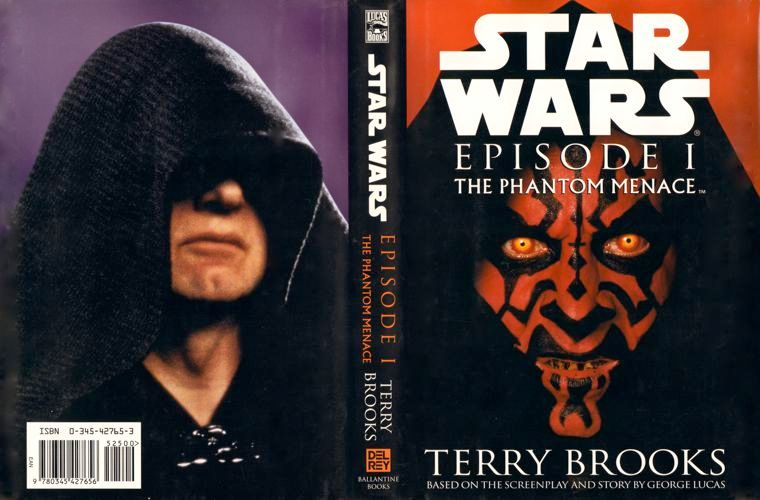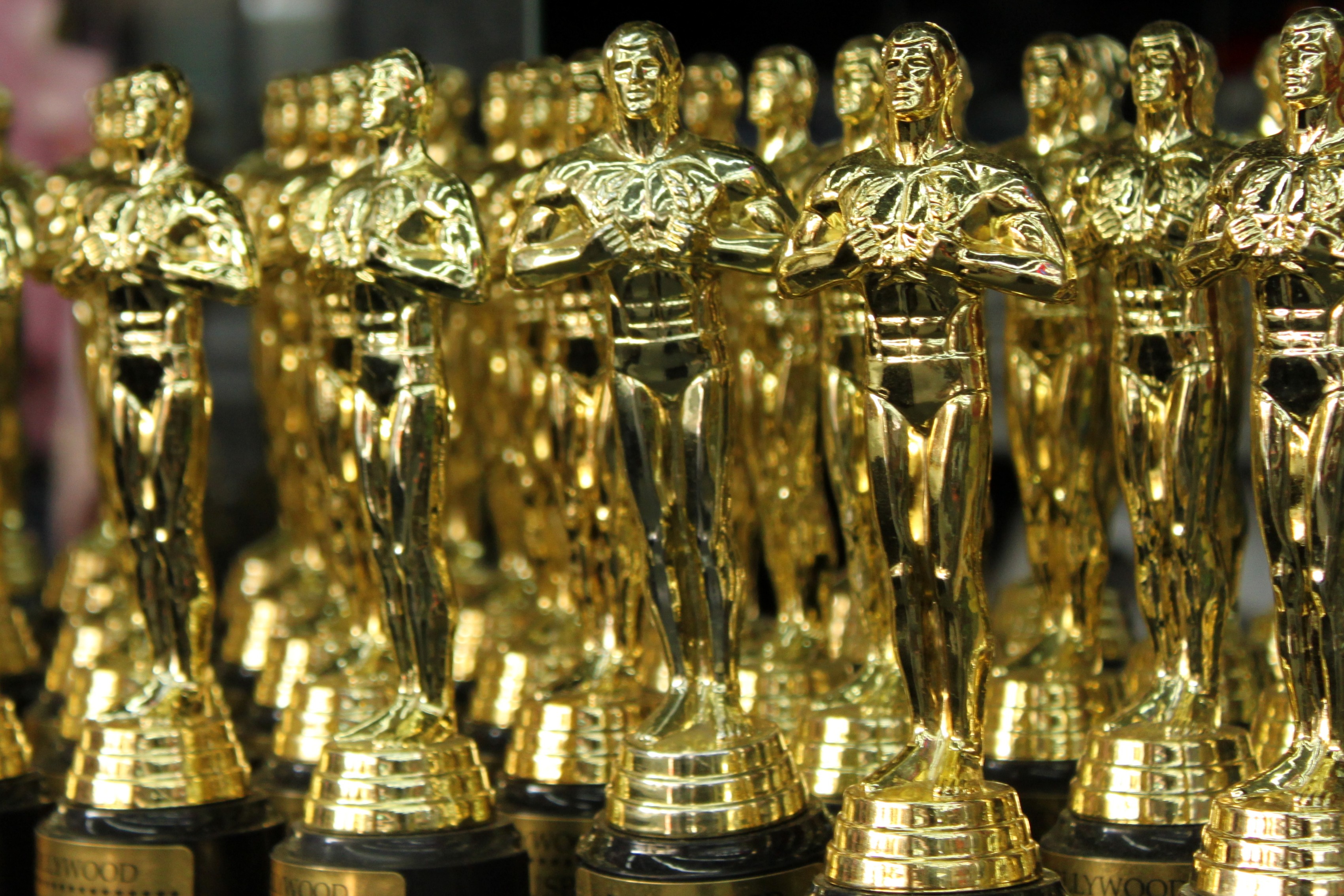
Awards season. The glitz, the glamour, the acceptance speeches filled with heartfelt thank-yous and, let’s be honest, a dash of humble-bragging. It’s a time when artists, performers, and creative minds gather under the brightest spotlights, hoping to take home that coveted trophy or deliver a show-stopping performance that will be talked about for years.
For many, these moments represent the pinnacle of their careers, a validation of countless hours of hard work and dedication. A Grammy, an Oscar, a Tony, or a Super Bowl halftime slot isn’t just a shiny object; it’s a monumental achievement that can redefine legacies and open new doors, propelling careers to new heights and solidifying iconic status.
But what happens when the spotlight shines, and someone decides to just… walk away? Or when the invitation to perform at a highly-anticipated event is met with a firm ‘no’? It might sound wild, but it happens more often than you think. Sometimes, it’s about principle; other times, it’s a protest, a creative stand, or even a logistical hurdle. Today, we’re diving deep into some of the most iconic instances where stars, and even entire productions, chose to say ‘thanks, but no thanks’ to the very honors and stages others dream of.

1. **’Boop! The Betty Boop Musical’**The week before the Tony Awards is usually a joyful celebration of Broadway’s finest, but for the team behind ‘Boop! The Betty Boop Musical,’ it was anything but. The production found itself “fuming” after being left out of the highly anticipated Tony Awards broadcast on CBS Sunday night, a decision that sparked widespread disappointment and confusion.
Despite having actively sought a performance slot and being “willing to pay the $300,000 or so that an appearance costs,” ‘Boop!’ was told a firm “Nope!” by the Tonys’ producers. This rejection was particularly puzzling given that, while not nominated for Best Musical or Best Musical Revival, the show still garnered three nominations, including a prestigious nod for Best Actress in a Musical for its breakout star, Jasmine Amy Rogers.
Adding insult to injury, ‘Boop!’ actually boasted more nominations than ‘Real Women Have Curves,’ which received just two nods but surprisingly secured a performance slot. A member of Team ‘Boop!’ voiced their frustration, asking, “Why wouldn’t the Tonys want a highly telegenic number from ‘Boop’!?” The show had even planned an impressive dance number, “Where’s Betty?,” showcasing director Jerry Mitchell’s choreography and Gregg Barnes’ clever costumes, designed to segue into Rogers’ powerful 11 o’clock solo, “Something to Shout About.”
This decision quickly ignited a passionate response from fans. A moved ‘Boop!’ cast member observed, “When the Tonys announced which shows are performing, 90% of the comments were outcries about ‘Boop’’s glaring omission.” Furthermore, a fan-created petition began circulating, advocating for Jasmine Amy Rogers to be included in some capacity, rapidly securing hundreds of signatures within the first hour of its launch, highlighting the public’s strong desire to see the show recognized.
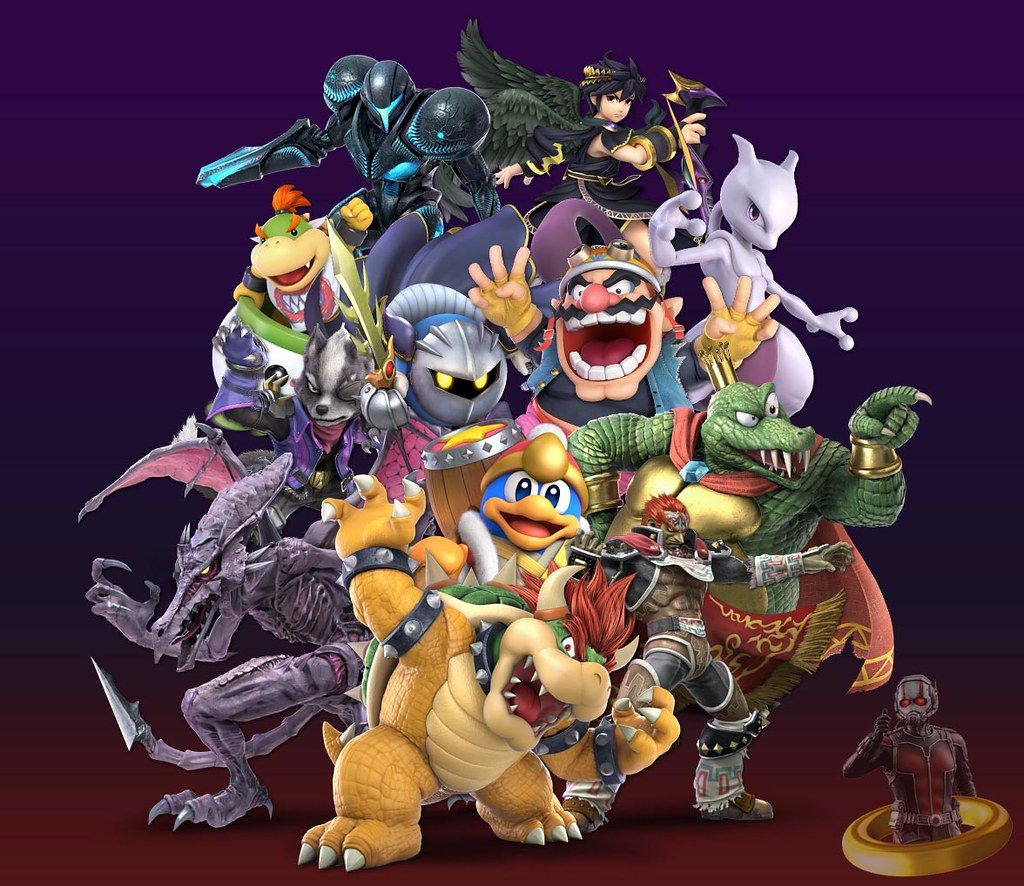
2. **’Smash’**Joining ‘Boop!’ in the ranks of the Tony-snubbed was ‘Smash,’ the Susan Stroman-directed musical based on the popular canceled NBC TV series about Broadway backstabbing. The production, starring Robyn Hurder, was also left out of the Sunday night broadcast, leading to considerable frustration within its camp.
Like ‘Boop!,’ ‘Smash’ had also formally requested a performance slot and was prepared to cover the substantial $300,000 cost associated with an appearance. Despite their eagerness, producers were met with the same definitive “Nope!” from the Tonys. This exclusion was particularly ironic, considering the musical’s origin story.
While ‘Smash’ wasn’t in contention for the coveted Best Musical or Best Musical Revival categories, its storyline inherently involved the cutthroat world of Broadway. The exclusion led to whispers that the cast and crew “feel like smashing some things,” reflecting their deep disappointment. The situation eerily mirrored the dramatic plotlines within the show itself.
Indeed, one observer perfectly encapsulated the sentiment, noting that the Tonys’ “totally predictable, self-made mess is a plotline straight outta ‘Smash’!” This unfortunate turn of events for ‘Smash’ underscores the often bewildering decisions made during awards season, leaving many to question the criteria behind such coveted performance opportunities.
Read more about: 14 Stars Who Got The Boot: Unpacking Hollywood’s Most Shocking Mid-Production Firings
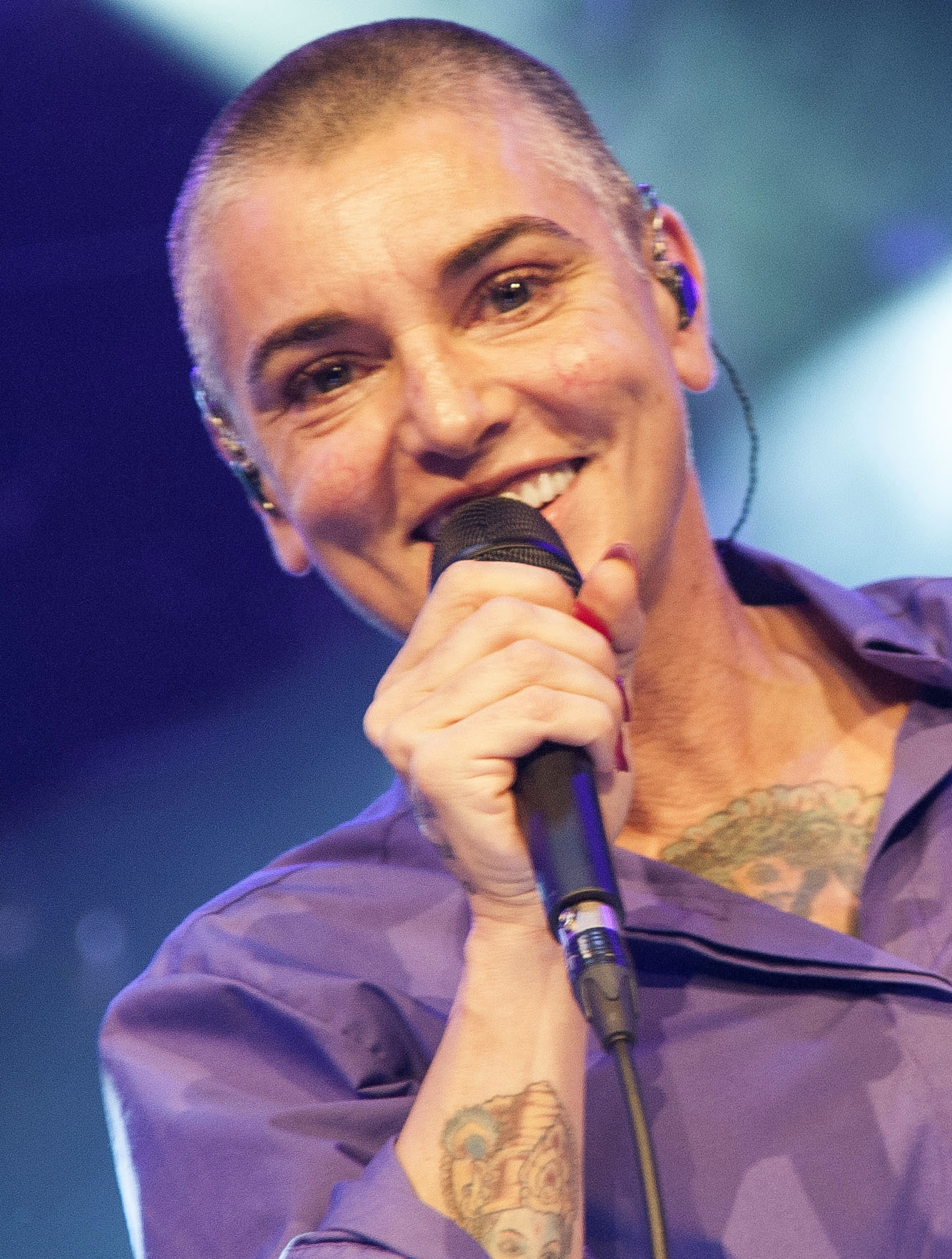
3. **Sinéad O’Connor**In 1991, Sinéad O’Connor made Grammy history by becoming the first person to ever refuse a Grammy Award, a bold statement that sent shockwaves through the music industry. Her 1990 album, ‘Do Not Want What I Haven’t Got,’ had captivated audiences, leading to four Grammy nominations and a win for Best Alternative Music Performance.
However, O’Connor chose to skip the ceremony entirely, refusing to accept any of her awards and, notably, wouldn’t perform her Prince-penned smash hit, “Nothing Compares 2 U.” Her reason was a powerful critique of the institution itself: O’Connor felt the awards were based on “celebrity, materialism, and popularity, not art.” She saw the industry as prioritizing superficial aspects over artistic integrity and truth.
In a letter sent to the National Academy of Recording Arts & Sciences, which was later published by the Los Angeles Times, O’Connor eloquently articulated her stance. She wrote, “We are allowing ourselves to be portrayed as being in some way more important, more special than the very people we are supposed to be helping, by the way we dress, by the cars we travel in, by the ‘otherworldliness’ of our shows and by a lot of what we say in our music.” She challenged her peers, asking, “How can we sit there hoping to win a Grammy when we have failed in our duty as artists to speak the truth?”
She later clarified in a 1991 interview with the Los Angeles Times that her “real beef” wasn’t just with the Grammys but with “the music industry” and “her peers” for what she perceived as their collective failure to adequately address pressing social issues. O’Connor’s principled stand remains a potent reminder that not all artists view industry accolades as the ultimate measure of success or artistic worth.
Read more about: Beyond the Headlines: Unpacking the Most Shocking Public Meltdowns That Forced A-List Celebrities to Take a Hiatus
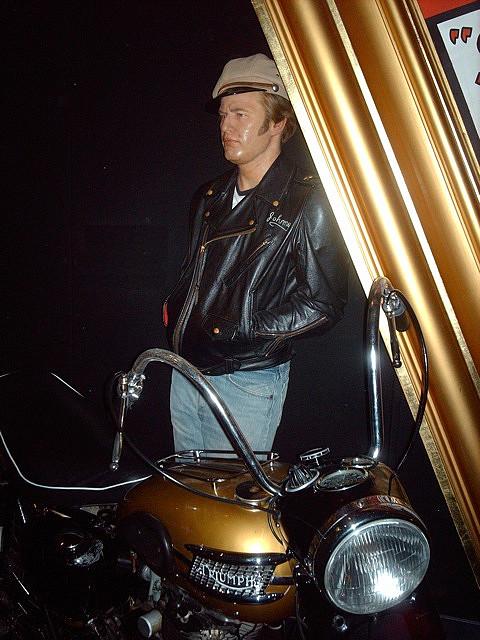
4. **Marlon Brando**In a moment that reverberated through Hollywood and beyond, Marlon Brando famously refused his Best Actor Oscar in 1973 for his iconic role in ‘The Godfather.’ His powerful act of protest was directed at the pervasive and harmful portrayal of Native Americans by the film industry, a critical stance that predated later calls for racial justice in entertainment by decades.
Instead of attending the ceremony, Brando sent Sacheen Littlefeather, then president of the National Native American Affirmative Image Committee, to accept the award on his behalf. Littlefeather, in a moment met with both “boos and applause,” delivered Brando’s message: “I’m representing Marlon Brando this evening and he has asked me to tell you … that he very regretfully cannot accept this very generous award, and the reasons for this being are the treatment of American Indians today by the film industry.”
The New York Times later published Brando’s full statement, which offered a deeper explanation of his outrage. His letter declared, “The motion picture community has been as responsible as any for degrading the Indian and making a mockery of his character, describing him as savage, hostile, and evil.” Brando passionately highlighted the psychological impact of such depictions, especially on young Native American children, stating, “When Indian children … see their race depicted as they are in films, their minds become injured in ways we can never know.”
Brando’s refusal served as a stark and unforgettable indictment of Hollywood’s historical injustices, using one of its highest honors to shine a spotlight on a marginalized community. His decision remains a benchmark for using a public platform for profound social and political commentary, forcing an industry to confront its own biases and responsibilities.
Read more about: Beyond the Bandit’s Charm: Unearthing the Intricate Life and Lingering Questions Surrounding Burt Reynolds’ Enduring Legacy

5. **Skepta**Grime artist and rapper Skepta has accumulated a number of significant awards throughout his career, including the prestigious UK Mercury Prize in 2016 for his album ‘Konnichiwa,’ and Ivor Novello Awards in 2017 for songwriter of the year and best contemporary song for “Man.” However, it was another award that he notably declined, revealing his decision in a track titled “Hypocrisy.”
In his 2017 song, Skepta candidly stated that he turned down an MBE, which stands for Member of the Order of the British Empire. This esteemed British honor is bestowed upon individuals who have achieved “a great impact in their line of work,” according to the BBC. Yet, for Skepta, the acceptance of such an award would contradict his artistic ethos.
On the track, over “bouncy percussion and faint sounding strings,” Skepta briefly touched on his reasoning: “Just came back from the Ivors/And look at what we collected/The MBE got rejected/I’m not tryna be accepted.” This line perfectly encapsulates his desire to remain an independent voice, unaligned with the establishment and its systems of recognition. His refusal highlights a commitment to authenticity and a distrust of mainstream accolades.
Skepta’s decision resonated deeply with many, underscoring the idea that true artistic integrity sometimes means declining honors that might be perceived as a co-option by the very institutions an artist aims to challenge or stand apart from. It solidified his image as an artist fiercely dedicated to his craft and community, rather than external validation.
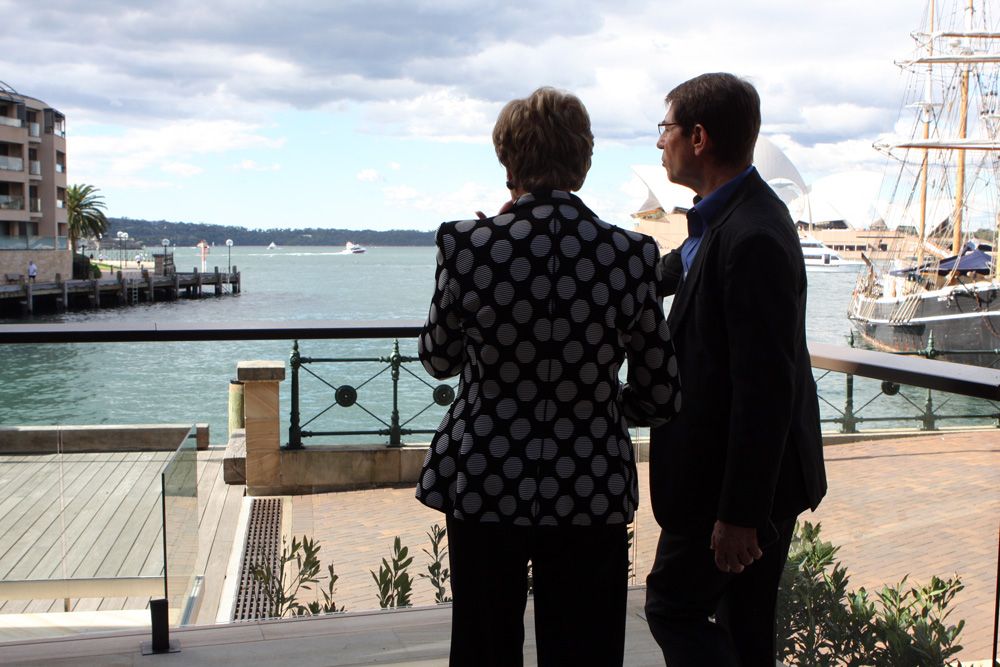
6. **Julie Andrews**Julie Andrews, a name synonymous with grace and class, made a surprising and deeply principled stand at the 1996 Tony Awards. For her starring role in the Broadway production of ‘Victor/Victoria,’ she received a Tony nomination for Best Actress in a Musical. However, in an act of profound solidarity, she publicly refused the nomination.
Her decision stemmed from the fact that her nomination was the *only* nod the entire ‘Victor/Victoria’ show received, an oversight she found unacceptable. Andrews felt it was unfair for her to accept individual glory when her castmates and the production as a whole had been, in her view, unjustly overlooked. This was not about personal ego, but about collective recognition and respect for her colleagues’ efforts.
Andrews announced her decision during a curtain call for the show in May 1996, directly addressing the audience. Gesturing to the assembled cast and crew, she declared, “I have searched my conscience and my heart and I am afraid I cannot accept this nomination.” She then powerfully added, “I prefer to stand with the egregiously overlooked.” It was a rare and impactful moment of public protest.
Tony Adams, one of ‘Victor/Victoria’s’ producers, confirmed the gravity of her choice, stating that they had “played devil’s advocate in terms of every scenario” but ultimately “left it to her to make a very, very personal and very major and painful decision.” Andrews’ gesture remains a powerful testament to her unwavering loyalty and commitment to her company, valuing collective artistic achievement over individual accolades.
Read more about: Behind the Curtain: An In-Depth Look at the Actor’s Craft, History, and Industry Realities

7. **Thom Yorke / Radiohead**When the British band Radiohead was inducted into the Rock and Roll Hall of Fame in 2019, it was an announcement that delighted many fans, recognizing the band’s immense influence and groundbreaking contributions to music. For most artists, such an induction is a colossal honor, a pinnacle achievement. However, for frontman Thom Yorke and several other band members, the feeling was less about honor and more about bewilderment.
Yorke, known for his somewhat enigmatic nature, openly expressed his confusion regarding the induction. He, along with other members, ultimately “refused to show up at the ceremony,” which was held in Brooklyn, New York’s Barclays Center. Yorke candidly told Variety in 2019, “We’ve always been very blasé about that stuff.”
He further elaborated on their perspective, stating, “So we don’t want to offend anyone. We just think that we just don’t quite understand it. We’ve had it explained to us, so it’s cool. But we don’t really understand it as English people.” This sentiment highlighted a cultural difference in how such institutional honors are perceived, perhaps viewing them as less significant than their actual creative output.
Interestingly, not all members shared this view. Only two members, drummer Phil Selway and guitarist Ed O’Brien, attended the ceremony. O’Brien, seemingly feeling the opposite of Yorke, remarked, “It is a big f*cking deal and it feels like it.” This contrast underscores the varied ways artists grapple with recognition, with Yorke’s absence solidifying his reputation as an artist who prioritizes his art’s intrinsic value over external validation from established institutions.
Alright, so we’ve already taken a deep dive into some truly iconic moments where stars said ‘nope’ to glitzy awards or big stages. But believe it or not, our list of principled stands and unexpected rejections is far from over! We’re talking more Oscar drama, some surprising Hall of Fame snubs, and even the high-stakes world of Super Bowl halftime show decisions.
It just goes to show you that even when the brightest spotlights are calling, some artists stick to their guns, their principles, or just their gut feelings. Let’s keep exploring these fascinating moments where fame took a backseat to conviction, proving that not every shiny trophy or massive audience is worth the compromise.
Read more about: “It’s Never Over, Jeff Buckley”: A Deep Dive into the Soul, Sound, and Unyielding Legacy of a Musical Enigma

8. **DJ Jazzy Jeff and Fresh Prince**Remember when rap music wasn’t exactly getting all the love at the Grammys? It’s wild to think about now, given how hip-hop dominates the charts and awards, but back in the day, it was a real struggle for recognition. Enter DJ Jazzy Jeff and Fresh Prince, who became pioneers in more ways than one, even when it came to making a statement.
In 1989, the Grammys finally added a Best Rap Performance category, and our dynamic duo, Will Smith and Jeff Townes, were up for the award with their hilarious hit “Parents Just Don’t Understand.” They actually won! Huge, right? Except they decided to boycott the ceremony because, get this, the award wasn’t even going to be broadcast on TV. Talk about a major snub!
Will Smith himself articulated their frustration, telling ET at the time, “We don’t have the problem with the Grammy as an award or the Grammy as an institution, we just had a problem with the 1989 design of the awards show.” It wasn’t about rejecting the honor itself, but calling out the perceived disrespect from the institution towards an entire genre.
Jeff Townes echoed this sentiment, pointing out the absurdity: “They said there wasn’t enough time to televise all of the categories. They televised 16 categories and from record sales, from the Billboard charts, from the overall public’s view, there’s no way you can tell me that out of 16 categories, that rap isn’t in the top 16.” A slew of other prominent rappers like LL Cool J and Salt-N-Pepa joined their boycott, sending a clear message that rap deserved its moment in the prime-time spotlight.
Read more about: From Small Screen Starts to Silver Screen Superstars: 10 Actors Who Mastered the Art of the Career Pivot
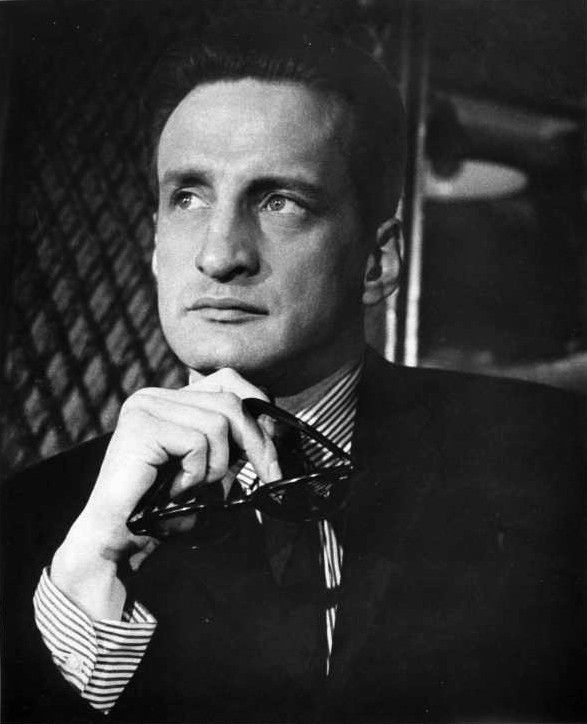
9. **George C. Scott**Before Marlon Brando sent shockwaves through the Academy, there was another titan of the screen who paved the way for Oscar rejection with an equally memorable, albeit perhaps less overtly political, statement. We’re talking about the formidable George C. Scott, who, in 1971, became the very first person to ever refuse an Academy Award.
Scott famously won Best Actor for his absolutely captivating portrayal of General George S. Patton in the movie ‘Patton.’ But instead of being there, impeccably dressed and delivering a tearful speech, he was actually in New York with his then-wife, actor Colleen Dewhurst, reportedly watching a hockey game on TV before heading to bed. Casual, right?
What makes Scott’s refusal even more remarkable is that it wasn’t a spur-of-the-moment decision. He actually telegraphed the Academy months before the ceremony to let them know he wanted his name withdrawn from the list of nominees. “I respectfully request that you withdraw my name from the list of nominees. My request is in no way intended to denigrate my colleagues,” read the telegram, a polite yet firm preemptive rejection.
His disdain for the whole affair wasn’t a secret. Scott once famously told the media that the Oscars were nothing more than “a two-hour meat parade, a public display with contrived suspense for economic reasons.” His bold stance set a precedent for artists who believed the commercial spectacle of awards season overshadowed the true artistry it claimed to celebrate.
Read more about: Saddle Up! Alan Ladd’s Top 10 Westerns That Still Ride High Today

10. **Axl Rose**Ah, the Rock and Roll Hall of Fame. For many bands, it’s the ultimate validation, a place where legends are enshrined and legacies are cemented. But for some, especially those with a notoriously complicated history, it can be, well, a bit of a headache. Cue Axl Rose and the original members of Guns N’ Roses.
By 2012, when the band was slated for induction, years had passed since the original lineup had imploded, leaving a trail of classic albums and, let’s just say, *tension*. There were well-documented feuds, particularly between Axl Rose and guitarist Slash, with Slash famously telling Rolling Stone in 2012, “He hates my guts. It’s over a lot of different stuff; I don’t even know.” Not exactly a recipe for a heartwarming reunion acceptance speech, right?
Given the bad blood, it might not come as a huge surprise that Axl Rose ultimately decided to skip the ceremony. But he didn’t just quietly bow out. He sent a strongly worded letter, published by the Los Angeles Times, that left no room for interpretation. “I strongly request that I not be inducted in absentia and please know that no one is authorized nor may anyone be permitted to accept any induction for me or speak on my behalf,” he wrote. Talk about setting boundaries!
Slash, Duff McKagan, Steven Adler, and Matt Sorum did show up, representing the band’s legacy on stage. But Axl stuck to his word, highlighting a deep-seated resistance to acknowledging the past, or perhaps, an institution that sought to honor a group that was, by then, fundamentally fractured. It was a stark reminder that sometimes, rock and roll drama continues long after the final guitar riff.
Read more about: Death Traps on Wheels: 10 Iconic American Cars Too Dangerous for Today’s Roads

11. **Greta Thunberg**When you’re fighting for the future of the planet, sometimes shiny awards and hefty prize money just aren’t on your radar. That’s exactly the stance taken by environmental activist Greta Thunberg, who consistently prioritizes action and scientific consensus over personal accolades. Her refusal of a significant award in 2019 perfectly encapsulates this commitment.
The Nordic Council was prepared to honor Thunberg with an award and a substantial $52,000 in prize money, recognizing her monumental impact on raising climate change awareness. But true to her convictions, Thunberg respectfully declined the offer and chose not to attend the ceremony in Stockholm, Sweden.
Her reasoning, shared on Instagram, was crystal clear and resonated with her global following: “The climate movement does not need any more awards. What we need is for our politicians and the people in power start to listen to the current, best available science.” For Thunberg, the real ‘win’ isn’t a trophy or cash, but tangible progress in addressing the climate crisis.
It’s a powerful statement from someone who rose to global prominence through staging a solitary protest outside the Swedish parliament. While she’s okay with her image appearing on a stamp, her rejection of the Nordic Council award solidified her image as an unwavering voice for change, unburdened by the distractions of institutional recognition. It’s all about the message, not the messenger getting a pat on the back.
Read more about: Beyond the Buzz: Inside the Energy Drink Industry’s Transformative Leap Towards Sustainable Packaging and a Greener Future
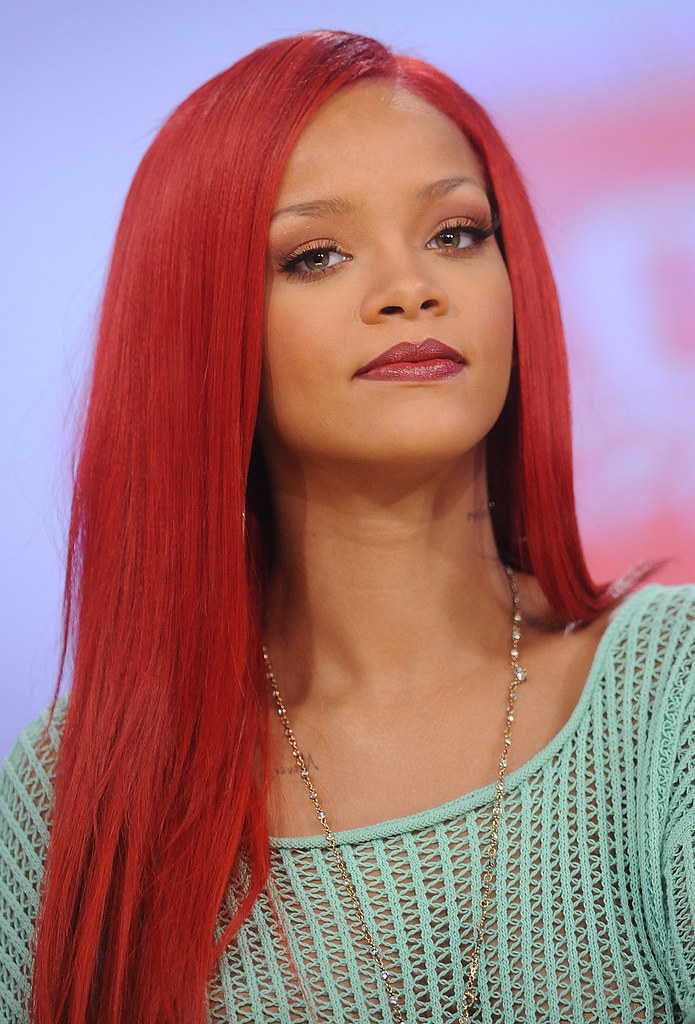
12. **Rihanna**The Super Bowl halftime show is arguably the biggest musical stage in the world. It’s a 13-minute spectacle that reaches hundreds of millions of viewers, a career-defining moment for any artist. So, when Rihanna was initially offered the gig in 2019, many expected an automatic ‘yes.’ But Rihanna, always one to make a statement, had other plans.
She famously turned down the opportunity, revealing to Vogue that her refusal was a powerful act of political solidarity. She wanted to support former NFL player and activist Colin Kaepernick, who had been effectively blackballed from the league after kneeling during the national anthem to protest police brutality. “I just couldn’t be a sellout. I couldn’t be an enabler,” she stated, adding, “There’s things within that organization that I do not agree with at all, and I was not about to go and be of service to them in any way.”
Her decision sparked further criticism of the NFL, especially when artists like Maroon 5, Travis Scott, and Big Boi stepped up to perform instead. Rihanna’s stand highlighted the moral dilemmas many artists face when considering such high-profile, institution-backed events. It showed that for her, principle trumped performance.
However, the story didn’t end there! A few years later, Rihanna was asked again, and this time, she accepted, delivering an iconic performance in 2023, even while six months pregnant. She explained her change of heart at Apple Music’s Super Bowl press conference, saying, “It’s important for the representation and it’s important for my son to see that. That’s a big part of why I want to do this show, representing for my country, representing for immigrants, representing for black people.” It was a testament to how motivations can evolve, always with a deeper purpose in mind.
Read more about: Beyond the Billions: 12 Red Flags In Beyoncé And Jay-Z’s Relationship That Prove Even Icons Face Real Problems
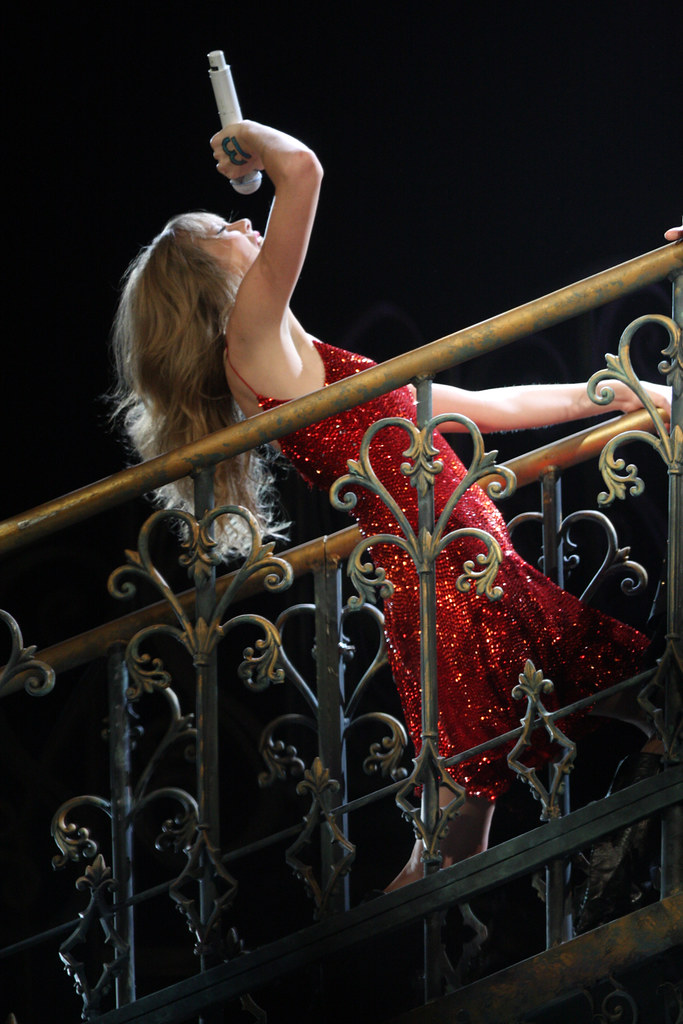
13. **Taylor Swift**When it comes to the Super Bowl halftime show, the rumor mill goes into overdrive every year about who will headline. And for a while, it seemed like pop queen Taylor Swift was the perennial top pick. But last year, despite all the whispers and fervent fan hopes, Swift reportedly gave the colossal opportunity a firm ‘no.’
Her reason? Apparently, the superstar was laser-focused on a monumental task: re-recording her first six studio albums. This ambitious project, aimed at reclaiming ownership of her master recordings, was clearly her priority, even over one of the most-watched musical events on the planet. Talk about dedication to your craft!
Though she won’t be performing, Swift is expected to be at this year’s big game, flying in from her Eras Tour in Japan to cheer on her boyfriend, Travis Kelce. So, while we might not get a new “Swiftie Surprise” on the field, her presence in the stands will surely generate plenty of buzz.
And speaking of buzz, Swifties are notorious for decoding subtle clues, often with hilarious results. Before the recent 2025 American Music Awards, fans were convinced that Swift would make a huge announcement about her ‘Reputation’ re-recording, based on an online store menu spelling out “AMAs” and a 26% off sale (May 26th!). Turns out, she didn’t even show up to the AMAs, leading to much good-natured head-scratching from her devoted fanbase. It just goes to show, sometimes a pop icon’s schedule and priorities are a mystery, even to the most dedicated detectives!
Read more about: 14 Stars Who Got The Boot: Unpacking Hollywood’s Most Shocking Mid-Production Firings
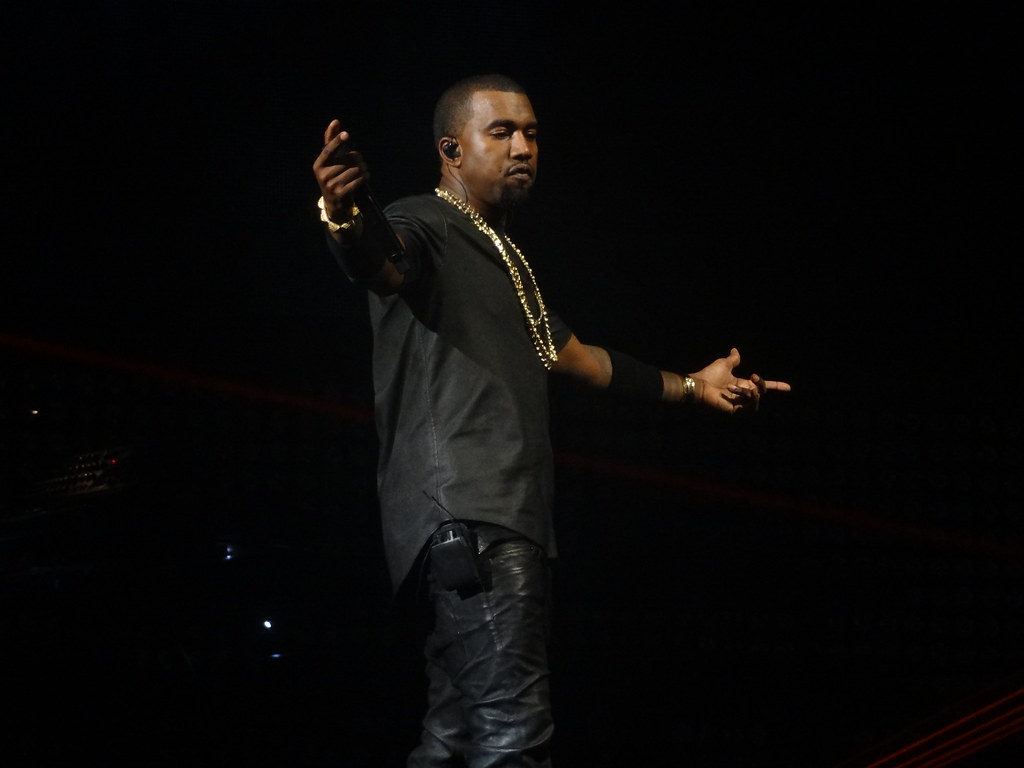
14. **Jay-Z**You might have seen Jay-Z involved with the Super Bowl, but not in the way many fans might have hoped for – he actually produced the 2020 halftime show featuring Jennifer Lopez and Shakira. However, the mogul himself famously turned down the chance to perform on that very stage, and his reasoning sheds light on a powerful principle he holds dear: creative control.
In a candid chat with the New York Times, Jay-Z revealed that the NFL had tried to dictate who he could bring out for the performance. This was a non-starter for him. He specifically recalled being asked to perform his 2009 smash hit “Run This Town” with Kanye West and Rihanna, but he wasn’t happy about being told *who* he could share the stage with.
“I said, ‘No, you get me,'” he explained to the outlet. “That is not how you go about it, telling someone that they’re going to do the halftime show contingent on who they bring. I said forget it. It was a principle thing.” For a multi-hyphenate artist like Jay-Z, artistic autonomy is paramount, and he wasn’t about to compromise that for even the biggest stage in the world.
His refusal underscored a powerful message about artists maintaining their vision, even when faced with immense pressure and a global platform. While he ultimately found a way to engage with the Super Bowl by producing the show, it was on his terms, reinforcing his status as an artist who demands respect for his creative integrity.
Read more about: A Glimpse Into Greatness: The Architectural Legacy of Beyoncé and Jay-Z’s Multi-Million Dollar Estates, Including Malibu’s $50 Million Masterpiece
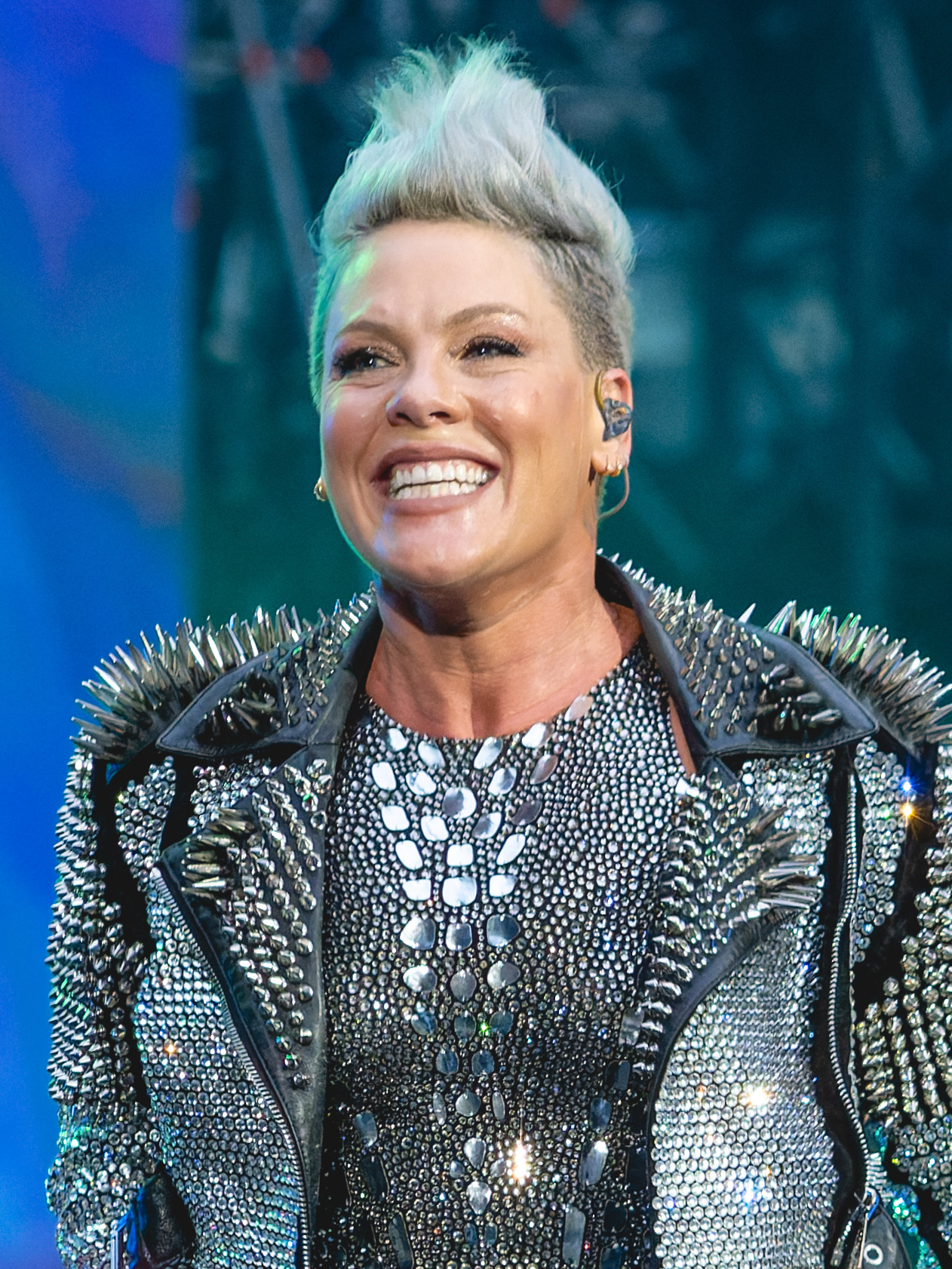
15. **P!nk**P!nk is known for her incredible aerial performances and powerhouse vocals, and she certainly delivered when she performed the National Anthem at the Super Bowl in 2018. However, when offered the coveted halftime show slot the following year, she made a conscious decision to decline, joining a growing number of artists who chose principle over performance.
Her refusal, much like Rihanna’s, was deeply rooted in her support for Colin Kaepernick and a protest against the NFL’s treatment of him. P!nk candidly shared her concerns about the backlash performers face, stating, “Everybody that does it gets so persecuted.” She even added a powerful personal touch to her stance, saying, “I’d probably take a knee and get carried out.”
Beyond her own potential protest, P!nk also offered a bold suggestion for future halftime shows, reflecting her commitment to social justice. She proposed, “They should only give it, because of the controversy, to African-American or Latina women for a while.” This highlighted her desire to see the NFL use its platform to uplift marginalized voices, rather than just book the biggest names.
P!nk’s decision solidified her reputation as an artist who isn’t afraid to speak her mind and stand with those she believes have been wronged, even if it means walking away from a massive opportunity. It’s a testament to her unwavering commitment to authenticity and using her platform for more than just entertainment, showing that sometimes, the most powerful performance is the one you don’t give.
Read more about: Beyond the Main Event: 9 Movies Where the Secondary Plot Absolutely Stole the Show
And there you have it! From the glitz of the Grammys and the gravitas of the Oscars to the electrifying energy of the Super Bowl and the revered halls of fame, we’ve seen that sometimes, the most powerful statement an artist can make isn’t about accepting an award or performing on the world’s biggest stage. It’s about drawing a line, standing firm on principles, or simply prioritizing what truly matters to them. These icons remind us that true influence often lies not in what you take, but in what you refuse to compromise on. It’s about artistic integrity, social justice, creative control, or simply a desire to be true to oneself, proving that sometimes, saying ‘no’ is the most impactful ‘yes’ of all.

